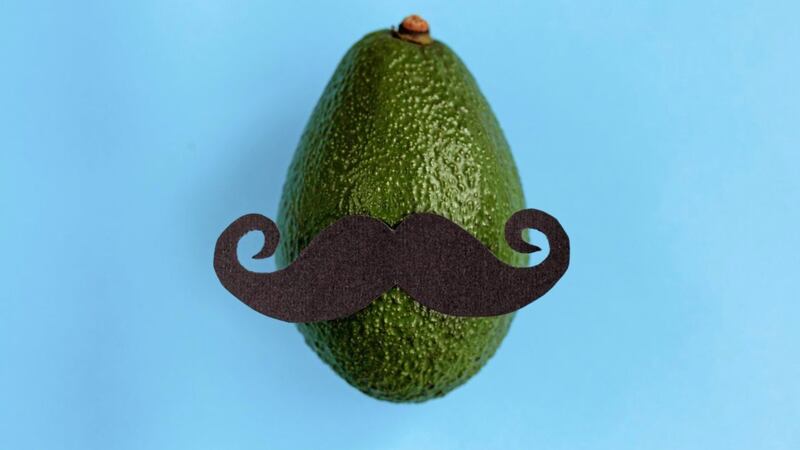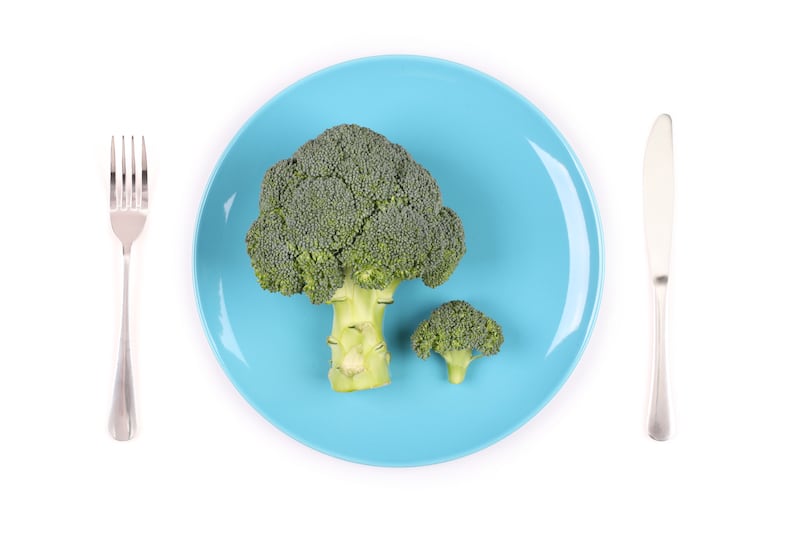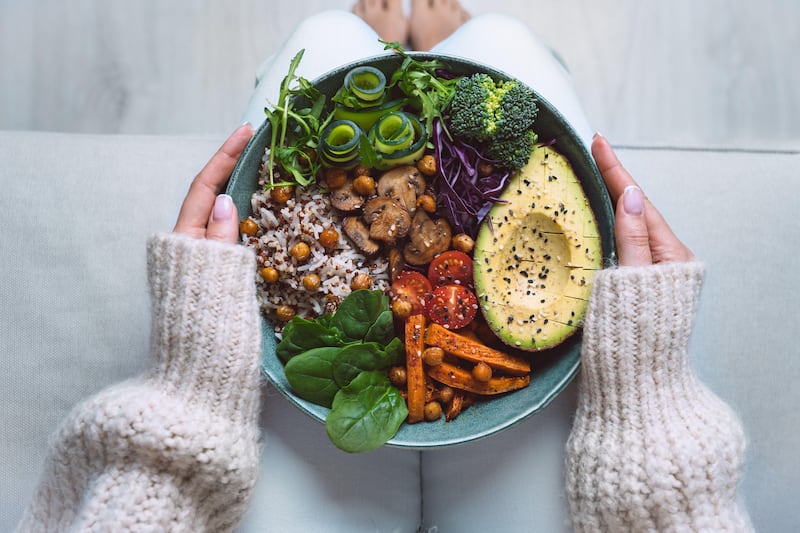IT'S 'Movember', that time of year where normally clean-shaven men start sprouting moustaches (with varying degrees of success...).
Movember is the leading charity for men’s health worldwide. Every year it raises awareness of men’s health issues by encouraging men to grow a moustache, sign up for an exercise challenge and run men’s health charity events at work and in their social circles. The charity funds research and education about men’s health issues, focussing primarily on suicide prevention, prostate and testicular cancer.
As usual at this time of year, my diary has been packed with workshops focussing on men’s health. One company I had (virtually) in my kitchen this week is a well-known car dealership whose employees know a lot about what does on under the bonnet. This got me thinking...
Most of us pay more attention to the health of our cars – fuel levels, oil checks, new brake pads and regular servicing, than we do on the health of our own bodies.
Diet and exercise are the tools you can use to help maintain and support our mental and physical wellbeing. Checking in with yourself every now and then, to make sure your dashboard lights are not sending you a warning signal, fuelling your body with the right food and taking time to exercise and chill out are essential to keep your body in good working order.
:: Health warning signals
We don’t develop conditions like type 2 diabetes, heart disease and digestive problems overnight. Listen carefully and you will find that there might be just a few warning signs that your body is trying to tell you something.
These are just some of signs tell us we need to make some changes:
- Weight gain (or loss)
- Sugar cravings
- Increased thirst or changes in appetite
- Fatigue and lack of energy
- Headaches
- Being moody, grumpy or ‘hangry’
- Constipation, diarrhoea, indigestion or changes in digestion
Usually making a few adjustments and looking after yourself a little better will get you back on track but always chat to your GP if you have concerns.
Rather than going home to clear out the cupboards and make way for the healthy food, you'll generally find that it’s the little things that make the biggest difference. No crazy fad diet will have the same benefits for your long-term health as the healthy habits that become part of your daily life.
So, if you are going to do just ONE thing to prolong your healthy lifespan it’s this:
:: Eat real food
Ultra-processed foods have been linked to cardiovascular disease, cancer, non-alcoholic liver disease, and neuro-degenerative diseases – in other words, Alzheimer’s and dementia.
We’re not cut out to subsist on man-made food. We evolved to eat natural foods: meat, fish, seafood, eggs, vegetables, fruit, nuts and seeds, herbs and spices. There is very little humans can do to improve on nature – except perhaps cooking (which allowed us to develop a bigger brain) and fermenting (which is not just a handy way to preserve food, but supports the gut).
If you are already eating real food or want to do TWO things to live a long and healthy life:
:: Cut out sugar and refined carbohydrates
Much of this will have left your life once you started eating real food, but there may be room for improvement.
Sugar is detrimental, and all starchy carbohydrates (think bread, rice, pasta, potatoes) ultimately turn into sugar in the process of digestion. How fast that happens and how much they will make your blood glucose rise depends on how processed they are.
If you must have bread, pasta, and rice, go for the wholegrain versions. Consider cutting them out altogether, because while there are essential fats and essential amino acids (the building blocks of protein), there are no essential carbohydrates. If you never eat pasta again, you’ll live. Probably a longer and healthier life to boot.
:: To find out more about Movember 2020 at uk.movember.com








